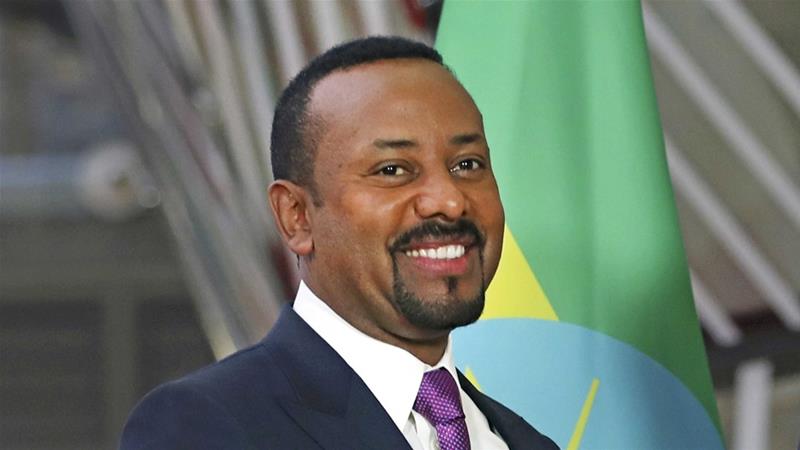
Ethiopia parliamentary election: Poll announced for August 29
Key election will be a first test of voter support for Prime Minister Abiy Ahmed, who took office in 2018.
Ethiopia's parliamentary election will be held on August 29, the country's electoral board has said.
The announcement on Friday came weeks after the National Electoral Board of Ethiopia (NEBE) had proposed August 16 as a tentative date for the election, a first test of voter support for Prime Minister Abiy Ahmed.
More:
"Looking at parts of the country which will be affected by the rainy season, pushing the schedule a little further will ease our burden," NEBE Chairwoman Birtukan Mideksa said at a conference on election preparations taking place in the capital, Addis Ababa.
The final results of the election will be announced from August 30 to September 8, according to the new schedule.
Plans to hold the parliamentary and regional council elections in May were postponed as neither authorities nor parties would be ready, Mideksa had said in January.
The country has had regular parliamentary elections since the Ethiopian People's Revolutionary Democratic Front (EPRDF) took power in 1991 but, with one exception, none was competitive.
Abiy, who won the Nobel Peace Prize last year largely for his efforts at reconciliation with Ethiopia's neighbour and longtime foe Eritrea, has promised that this year's vote will be free and fair.
The prime minister took office in 2018 after mass protests forced his predecessor, Hailemariam Desalegn, to resign. Since then, Abiy has introduced a series of sweeping political and economic adjustments, including granting amnesty to thousands of political prisoners, but his reforms have also unleashed ethnic rivalries that have spilled into violence.
The country's parliament on Thursday passed a law punishing "hate speech" and "disinformation" with hefty fines and long jail terms, despite rights groups saying it undermines free speech months before the key vote.